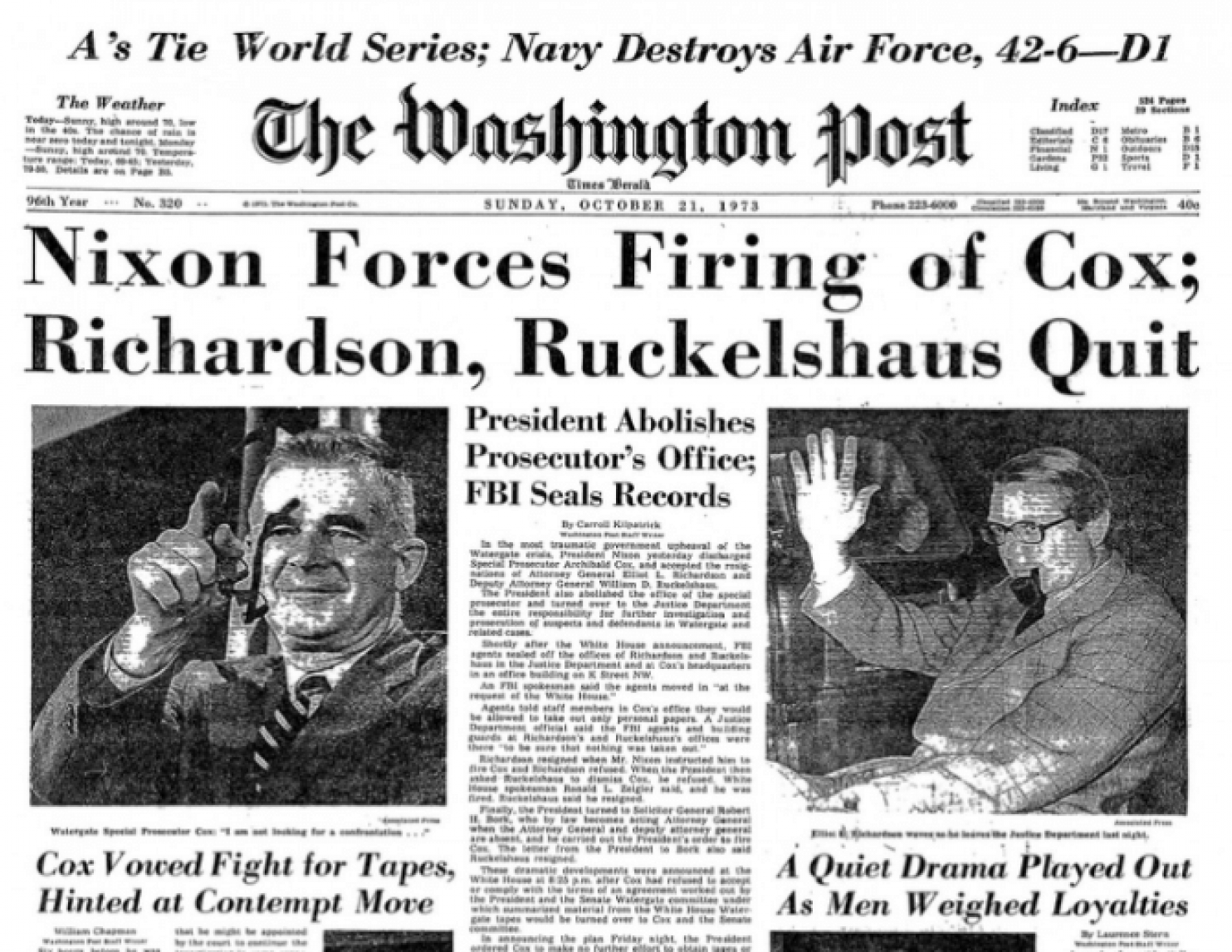With news like this, who needs "House of Cards"?
If ever there was a Super Bowl of public affairs events, it happened on Thursday. That's when recently ousted FBI director James Comey testified before the Senate Intelligence Committee. He pulled no punches, seizing the opportunity to air a formidable list of grievances against President Trump and his administration, and raising the possibility that the president's actions constituted obstruction of justice. Comey spoke as a private citizen just a month after Trump abruptly fired him.
Even before it officially began, Trump's short presidency has been clouded by an ongoing FBI investigation into Russian influence in the 2016 election, and possible collusion between Trump's campaign and Russian officials. The plot only thickened following revelations that Comey was fired just days after he had reportedly requested more resources to extend the Russia investigation.
Comey was appointed by President Obama in 2013 to serve a 10-year term. His removal is only the second time a sitting president has ever fired an FBI chief.
Comey's firing immediately drew comparisons to a notorious incident in October 1973, when embattled President Richard Nixon ordered the firing of the special prosecutor investigating the Watergate scandal. In what became known as the "Saturday Night Massacre," the event triggered a public and political outcry that accelerated Nixon's eventual resignation.
